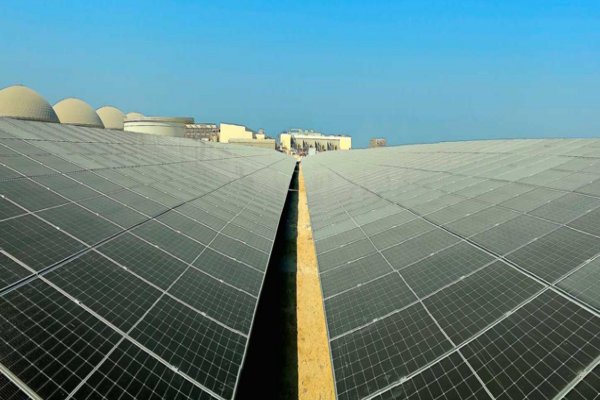Iraq has approved a large-scale energy project that includes a solar power plant and other developments in the energy sector. The decision was made by Prime Minister Mohammed Al-Sudani, following discussions with the Oil Ministry. The project will be located in Basra, a major hub for oil production in the country.
The project aims to combine renewable energy efforts with oil and gas development. It includes the development of the Artawi oilfield and plans to make use of associated gas, which is often released during oil extraction. The project will also include an oil refinery and the construction of petrochemical and fertilizer plants.
Two power stations are part of the initiative, one of which will use solar energy. This marks Iraq’s latest step toward including renewable energy in its energy mix.
Iraq is also pursuing other renewable energy projects. In recent years, the country has announced plans to build several solar energy stations in partnership with international companies. For example, TotalEnergies has an agreement to develop 1 GW (gigawatt) of solar power projects in Iraq. In addition, Iraq signed deals with companies such as Masdar, a renewable energy firm based in the UAE, to construct solar farms.
These efforts are part of Iraq’s goal to diversify its energy sources and address power shortages. Currently, Iraq relies heavily on oil for energy production and revenue. By developing solar power and other renewable sources, Iraq aims to reduce reliance on fossil fuels and improve electricity availability for its population.
Renewable energy development in Iraq is still in its early stages. Challenges such as funding, infrastructure, and political stability remain obstacles to large-scale implementation. However, these projects show Iraq’s growing interest in exploring alternative energy solutions.


